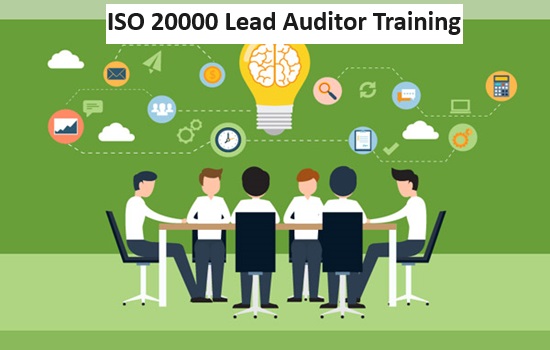
ISO 15189 is an internationally recognized standard that specifies the quality and competence requirements for medical laboratories. Auditor training for ISO 15189 is crucial for professionals seeking to assess and ensure compliance with this standard. If you are preparing for ISO 15189 auditor training, follow these steps to enhance your knowledge and effectiveness as an auditor.
1. Understand the Basics of ISO 15189: Before enrolling in an auditor training course, familiarize yourself with the fundamentals of ISO 15189. The standard focuses on laboratory quality management systems and competence requirements. Read the latest version of ISO 15189 to understand its structure, key clauses, and compliance expectations.
2. Gain Knowledge of Medical Laboratory Operations: A strong understanding of medical laboratory practices will help you grasp the practical applications of ISO 15189. Learn about laboratory workflows, patient safety measures, risk management, and quality assurance procedures.
3. Develop Auditing Skills: ISO 15189 auditor training includes techniques for conducting audits, reporting non-conformities, and implementing corrective actions. To prepare effectively, study auditing principles based on ISO 19011, which provides guidelines for auditing management systems.
4. Review Regulatory and Accreditation Requirements: Medical laboratories often require accreditation from bodies such as NABL, CAP, or CLIA. Understanding the regulatory landscape and accreditation criteria will strengthen your ability to audit compliance with ISO 15189.
5. Enroll in a Recognized ISO 15189 Auditor Training Program: Choose a reputable training provider that offers ISO 15189 auditor training. A structured course will provide in-depth knowledge, case studies, and practical audit exercises to improve your competence.
6. Practice with Audit Checklists and Documentation: Preparing audit checklists, understanding laboratory documentation, and reviewing sample audit reports will enhance your readiness. These resources help in identifying key compliance areas and assessing laboratory performance.
7. Participate in Mock Audits: Engaging in mock audits or practical audit exercises will refine your auditing skills. These simulations allow you to apply theoretical knowledge, interact with laboratory personnel, and evaluate compliance with ISO 15189 requirements.
8. Stay Updated with Industry Best Practices: The field of medical laboratory auditing evolves with advancements in technology and regulatory updates. Stay informed about new developments, accreditation updates, and changes to ISO 15189 to remain an effective auditor.
9. Obtain ISO 15189 Auditor Certification: After completing your training, obtain an ISO 15189 auditor certification. This credential validates your competence and enhances career opportunities in medical laboratory auditing and quality management.
By following these preparation steps, you can enhance your knowledge, build confidence, and excel in ISO 15189 auditor training.
Certificationconsultancy.com provides ISO auditor training, including the ISO 15189 awareness and auditor training PPT kit, which serves as a valuable resource for professionals preparing for ISO 15189 audits.


































